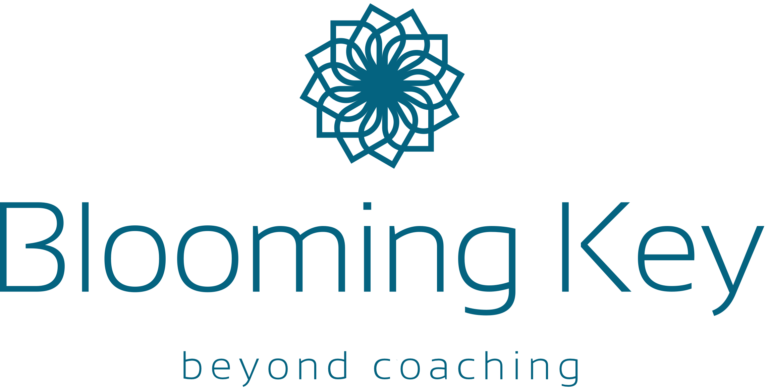
4 Fantastic Benefits of Starting to Write A Journal
Have you ever heard others talk about journaling, and wondered whether there are any benefits of starting to write a journal, recording the events of your day? This blog will explain what journaling is and how it will benefit you. There are a few reasons why people recommend journaling, whether you are a therapist or a school teacher, since the benefits are huge and can do a lot to uplift your emotional wellbeing. 1. Get your creativity flowing For those in specific job positions, you will surely realise the value of your creativity at the workplace. Maintaining a particular level of creativity can be crucial to delivering your best performance at the end of each day. Writing down your thoughts is a great way of getting the creative juices flowing again. This is where the benefits of journaling can be seen in helping to keep up your creative flow. 2. Become better at writing As you keep writing, your ability to put thoughts down will become second nature to you and thoughts will begin flowing with ease. You will get better at writing without fearing grammatical or spelling errors holding you back. In general, your writing skills will improve considerably, allowing you to communicate freely no matter whether the setting is formal or informal. 3. Gaining confidence When you put your thoughts to paper more often, you will become more confident in your writing ability. Developing a habit of writing in your journal allows you to gradually break free of











